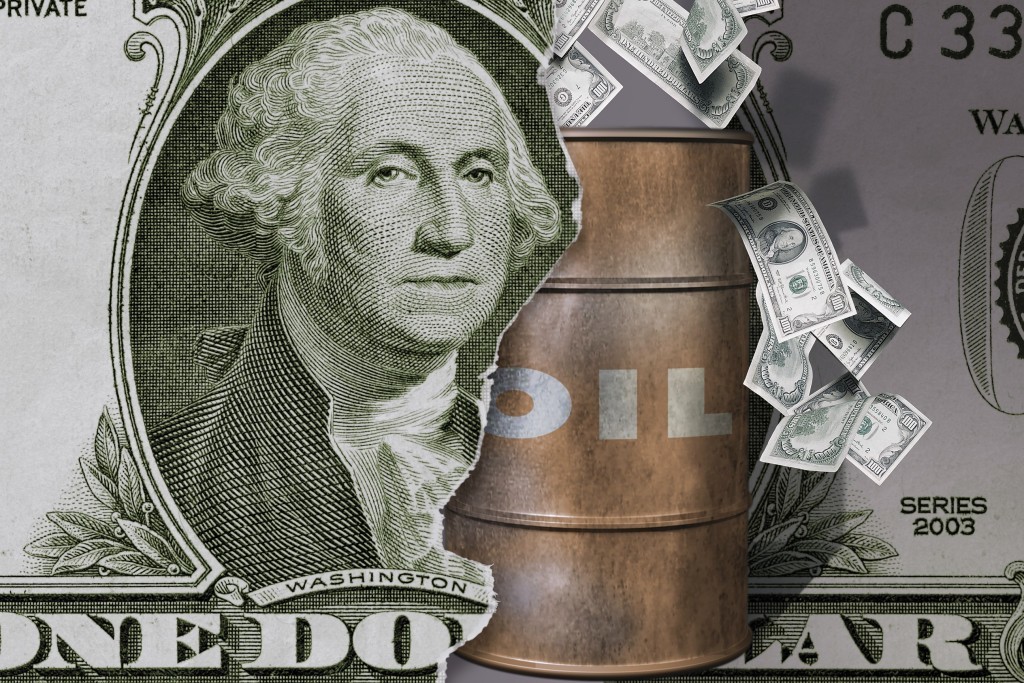
Money managers who are reducing their bullish bets on oil are following a “dangerous” strategy, according to Goldman Sachs Group Inc.
Demand will remain strong and concerns over economic growth will probably prove temporary, analysts including Jeffrey Currie wrote in a May 16 note. Additionally, U.S. shale or OPEC are unlikely to be able to solve problems from potential supply disruptions, according to the bank. It said the case for owning commodities has strengthened and raised its forecast for 12-month returns from raw materials to 8 percent from 5 percent.
“Oil speculative net long positions have been declining since $73 a barrel with the common mantra, ‘we will ride this one out’,” the analysts wrote in the report. “These are dangerous words from a risk management perspective.”
Bullish bets by money managers on global benchmark Brent crude have declined for four weeks since mid-April, while front-month futures have jumped more than 10 percent over the past month. Speculation has been swirling over how a U.S. decision to renew sanctions on Iran may curb exports from OPEC’s third-largest producer, and whether output from America or other nations such as Saudi Arabia will be able to fill any loss of supply.
Even if only 200,000 to 300,000 barrels a day of Iranian exports are at risk by the end of the year, the Organization of Petroleum Exporting Countries is unlikely to preempt this loss, and will only react to it, according to Goldman. Any response will reduce spare capacity in an increasingly tighter market, with an erosion in Venezuela and Angola oil output accelerating at the same time growth outside the U.S. is stalling, the bank said.
U.S. Constraints
“Only the U.S. has seen significant upside surprises in production owing to the high prices, but shale is facing growing pains as faster growth has filled available pipeline capacity faster than expected,” the Goldman analysts wrote in the report. “These pipeline bottlenecks are now beginning to constrain U.S. shale supply.”
While concerns over oil use have resurfaced with a recent “soft patch” in non-U.S. economic data and dollar strength, consumption has remained robust, according to Goldman. Global demand will cross 100 million barrels a day this summer, the bank said, creating a 1 million barrel-a-day deficit without a response from OPEC and Russia, which are still persisting with output cuts that were aimed at shrinking a global glut.
Still, markets remain complacent, according to Goldman.
“Even if growth were to decelerate sharply, it would take global GDP growth collapsing to 2.5% year-over-year to simply balance the oil market,” the analysts wrote. “As a result, we highly recommend not ‘riding this one out’.”
Recommended for you
